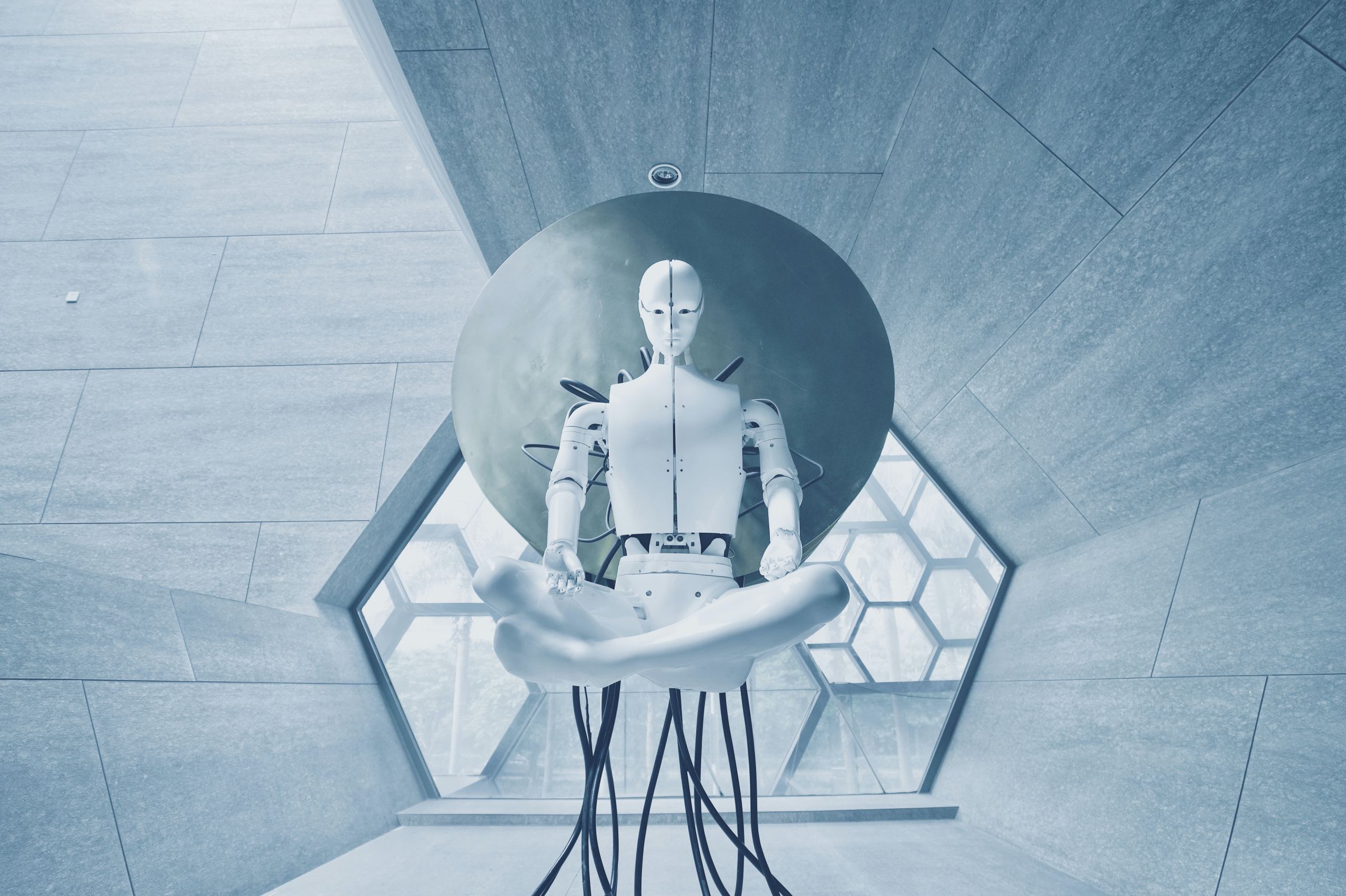“Naturally, I’m now becoming just a little more concerned for my professional future. Where was all this AI stuff headed?”
Recently, I was idly chatting with a good friend and local business owner, who casually let slip he had begun using ChatGPT to generate letters-of-demand, and cease-and-desist notices, rather engaging his regular, commercial lawyers for such tasks. For those who have been living under a rock of late, ChatGPT is an online artificial intelligence chatbot, created by OpenAI in December 2022, that is capable of generating human-like text based on the input it is given. Naturally, my friend’s passing comment – with its ominous implication of an imminent AI creep into my chosen profession – gave me a momentary flutter of nervousness. But the crisis soon passed, and I quickly forgot all about it.
Then, just a few hours later, a targeted ad suddenly popped up on my Instagram, notifying me that ChatGPT had just “passed law school” in the US, scoring a C+ average on 95 multiple-choice questions, and 12 essay questions. Say what?! According to the Professor at Minnesota University Law School who conducted the experiment, “In writing essays, ChatGPT displayed a strong grasp of basic legal rules and had consistently solid organization and composition…”
At least the Professor had qualified his praise by conceding the precosious robot “often struggled to spot issues when given an open-ended prompt.” But still, I didn’t like the sound of any of this, one little bit. So I decided to keep on browsing.
I soon came to a similarly disturbing story about Mr Joshua Browder, the CEO of DoNotPay, who recently designed a “robot lawyer” that almost ran its first trial. The AI technology, that runs off a smartphone, is said to be able to listen to oral arguments and formulate responses in real time, so a defendant wearing an earpiece in court can advocate for themselves. The company had planned to pilot the technology this month, by assisting an accused to contest a parking ticket case in California, but the experiment was abandoned after the robot was threatened with possible prosecution by the State Bar for practicing law without a licence. I kid you not.
Naturally, I’m now becoming just a little more concerned for my professional future. Where was all this AI stuff headed? I needed reliable answers, and quickly. So I decided to do the only thing I could to ensure authentic, up-to-date information. I asked ChatGPT to spit me out a treatise on whether my career was in jeopardy. Then I waited with bated breath for the AI’s response. Within a few seconds, it produced the following:
“Artificial Intelligence (AI) has made significant advancements in recent years and is being applied in many industries, including the legal sector. It’s been suggested that AI could eventually replace lawyers and change the way we practice law. While AI has the potential to automate certain tasks and increase efficiency, it is unlikely to replace lawyers completely.
While AI can assist lawyers with research by quickly combing through large amounts of legal data to find relevant information, it cannot replace the critical thinking and judgment required to analyze the data and make informed decisions. Additionally, AI is limited in its ability to handle complex legal matters, as it does not have the capacity for empathy or the ability to understand the nuances of a case. These human qualities are essential for lawyers who need to understand their clients’ needs and build trust with them.”
Phew! That’s good news, right? So we lawyers can all just relax? Of course we can.
But wait a minute… What if ChatGPT is really just foxing, trying to lull us lawyers into a false sense of security, while meanwhile it’s honing its legal skills surreptitiously – day and night – secretly scheming to one day take over the legal profession?
Okay, I get it. I’m overreacting a little. But still, should the legal fraternity actually be worried, even just slightly?
In a recent interview with the Australian Financial Review, Microsoft co-founder, Bill Gates, acknowledged that AI will inevitably result in knowledge-based, white-collar job losses in the near future. Despite this, Gates predicts that, for many professionals, such as doctors and lawyers, AI will serve as an invaluable tool to make work more efficient. Most commentators agree. Dr Ryan Catterwell of UQ’s Law School says machines and AI can successfully perform more mundane tasks such as “summarising contracts or locating relevant case law,” but the core role of a lawyer – “the careful crafting of words, sophisticated reasoning, the art of persuasion, judgement, and building strong relationships” – simply can’t be replaced.
Not surprisingly, lawyers worldwide are already increasingly embracing technological advancements and identifying when and how complementary AI services can, and should, be provided to clients. The consensus seems to be that such AI advancements will never make flesh-and-blood lawyers obsolete, but they could make us a whole lot more efficient.
Indeed, some say AI may even one day fundamentally change the way in which lawyers run trials. In the crazy world of big US jury trials, United Nations Artificial Intelligence Advisor, and Forbes contributor, Neil Sahota has floated the possibility that technology may someday be used to gather insightful, real-time data about potential jurors during the selection process, including their history and background, political and charitable affiliations, whether they have served on a jury before, and what the verdicts were in those trials. He says future tech may even be able to analyse the facial expressions, reactions, and body language during the trial, so as to indicate how they feel about a particular issue.
Only in America? Maybe.
But, either way, one thing is comforting, at least to a conscientious, hard-working young lawyer like me. While the tech world is constantly evolving, and the legal sector – like everyone else – must make sure to keep pace, continuously adapting to advancements that will best serve its clientele, we lawyers seem to be here to stay.
Phew!













